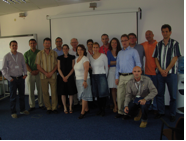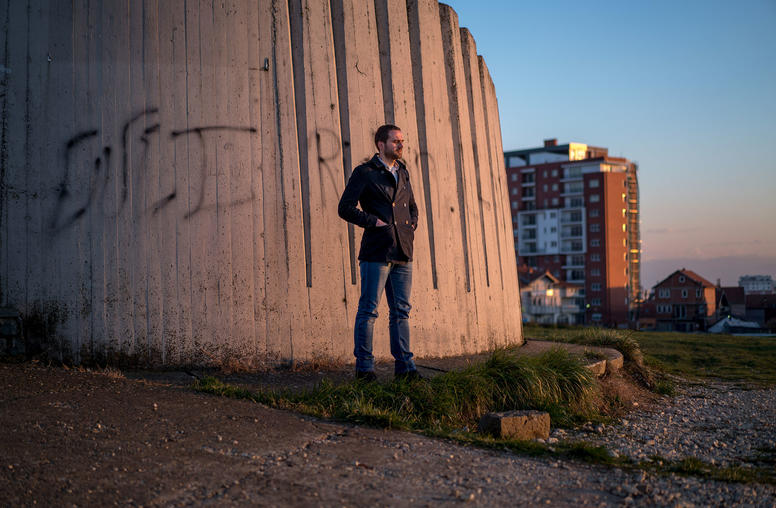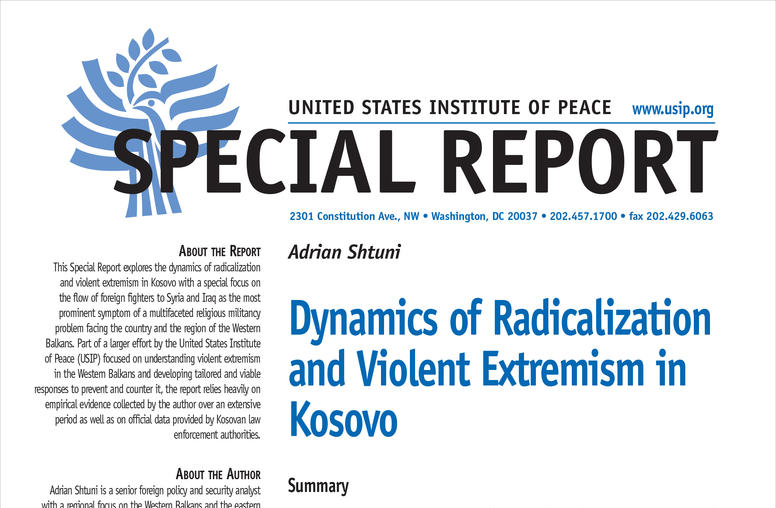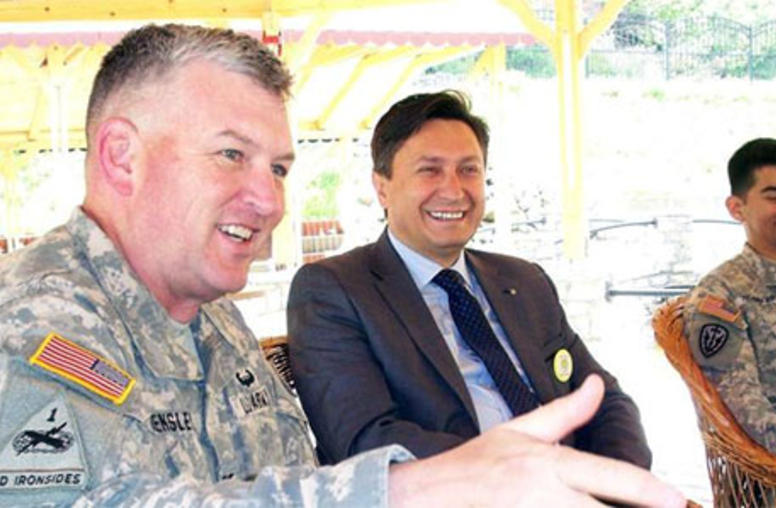Ted Feifer conducted an advanced negotiation and mediation skills training for the OSCE Mission in Kosovo, in Pristina, December 13-15, 2009.
Ted Feifer conducted an advanced negotiation and mediation skills training for the OSCE Mission in Kosovo, in Pristina, December 13-15, 2009. The 16 participants that completed the program represented mission HQ and field offices, a cross-section of professional functions, and international and national staff. The international staff came from Germany, Hungary, Spain, Ukraine, France, and Serbia. Many of the participants had attended other USIP training workshops, and the remainder met a prerequisite of similar training or substantial field experience.

The program objectives were to reinforce participants’ core negotiation and mediation skills; help them identify and respond more effectively to common negotiation tactics; assist them in handling crucial conversations better; and strengthening their third party skills. The workshop challenged participants to take a new look at negotiation and mediation, using creative interactive discussions and exercises. The trainer led modules on conventional wisdom on negotiation - and when to be unconventional; conducted exercises illustrating common negotiation tactics; explored the best ways to conduct crucial conversations; analyzed mistakes mediators make; and assessed negotiating performance in a video, identifying possible opening for a mediator. The workshop culminated in a complex multi-party simulation designed to test negotiation and mediation skills. Participants found the practical parts of the workshop particularly useful, and a welcome opportunity to test the new skills they had developed. One participant recommended that this training be mandatory for all field workers.



